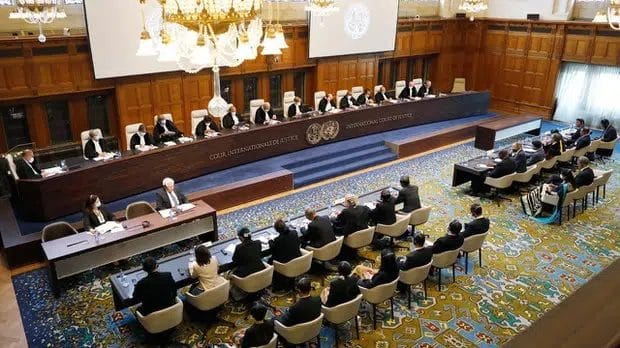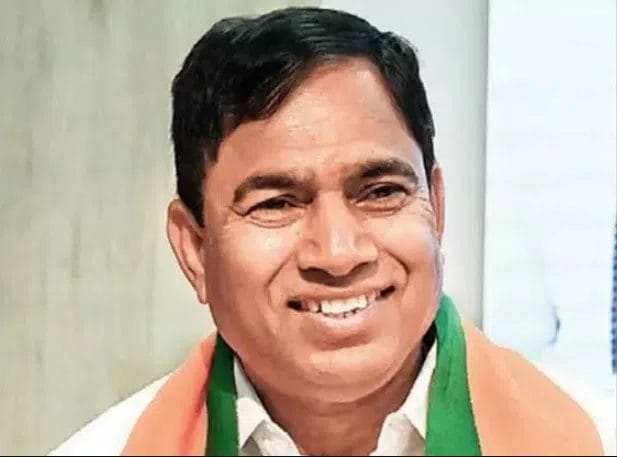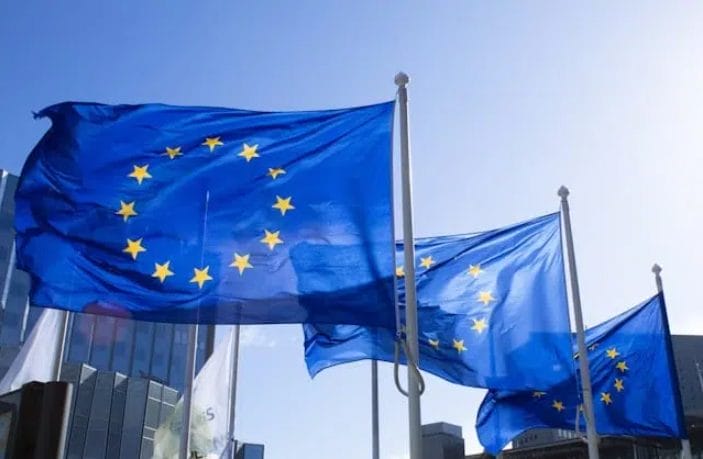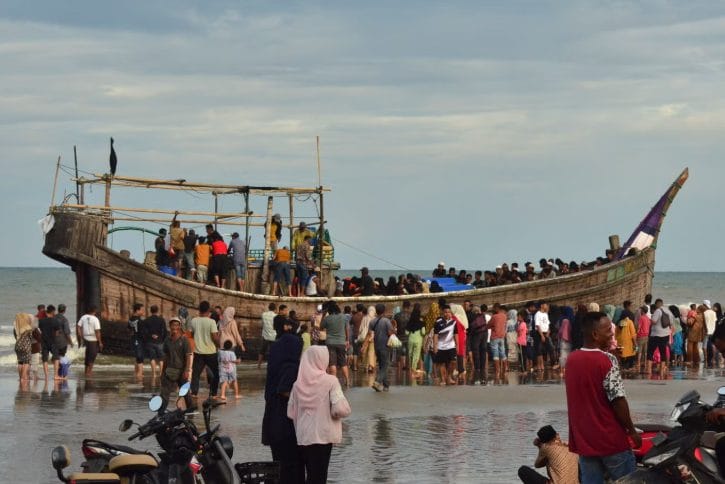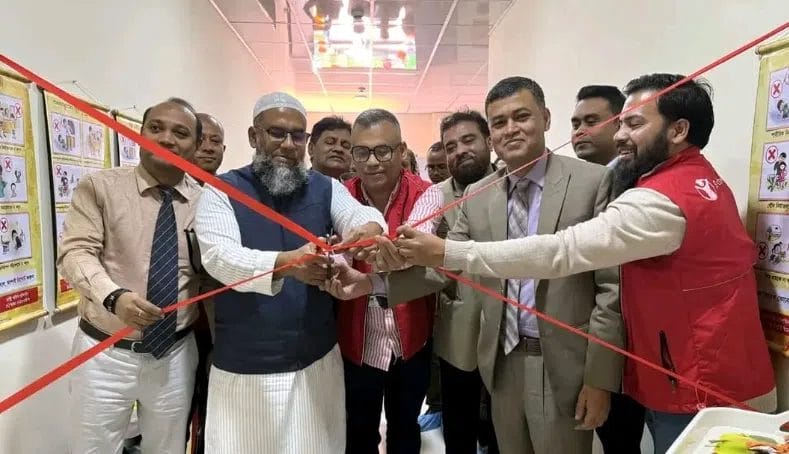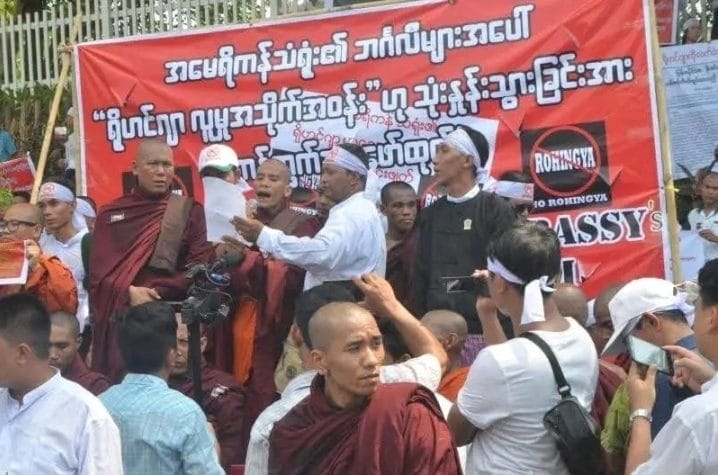Arakan News Agency
The Rohingya community in Cox’s Bazar, Bangladesh, has launched the first-ever internal elections aimed at forming a civil society committee to represent them on international platforms. This comes more than seven years after they fled persecution in Myanmar.
The election process officially began at 9:00 AM on July 16 in Zone 6, which includes Hakimpara (Camp 14), Jamtoli (Camp 15), and Dhofiullah Kata (Camp 16). The process is being led by Rohingya community members themselves, with approval and oversight from the Refugee Relief and Repatriation Commissioner (RRRC) under the Government of Bangladesh.
The elections aim to select 500 zonal councillors from a pool of 3,500 representatives. A central council of 30 to 40 members will then be formed to represent the Rohingya in international forums such as the United Nations and human rights conferences.
Mizanur Rahman, the Refugee Relief and Repatriation Commissioner, confirmed the government’s approval of the initiative, stating that the voting has already begun and that the government’s role will remain strictly observational.
The 33 camps in Cox’s Bazar have been divided into eight electoral zones. Representatives were selected from 14 key community groups, including youth, women, teachers, imams, block leaders, and social activists. Each group nominated 20 to 30 individuals, from whom 2 to 5 were elected to proceed to the next round.
Observers say the initiative aims to empower the Rohingya to organize their demands and speak for themselves, particularly amid ongoing statelessness and uncertainty over their future.
Mohammad Sayodullah, a community leader from Camp 15, stated that this initiative is a real opportunity for the Rohingya to represent themselves, and that the voting arrangements were well-prepared and organized.
Activists see the elections as a turning point in the Rohingya’s efforts to build unified leadership and reclaim their identity and political voice in the absence of a lasting solution to their crisis.
A local observer said, “This is not just an election it’s a clear message that the Rohingya are still here, still organized, and still fighting for justice.”



